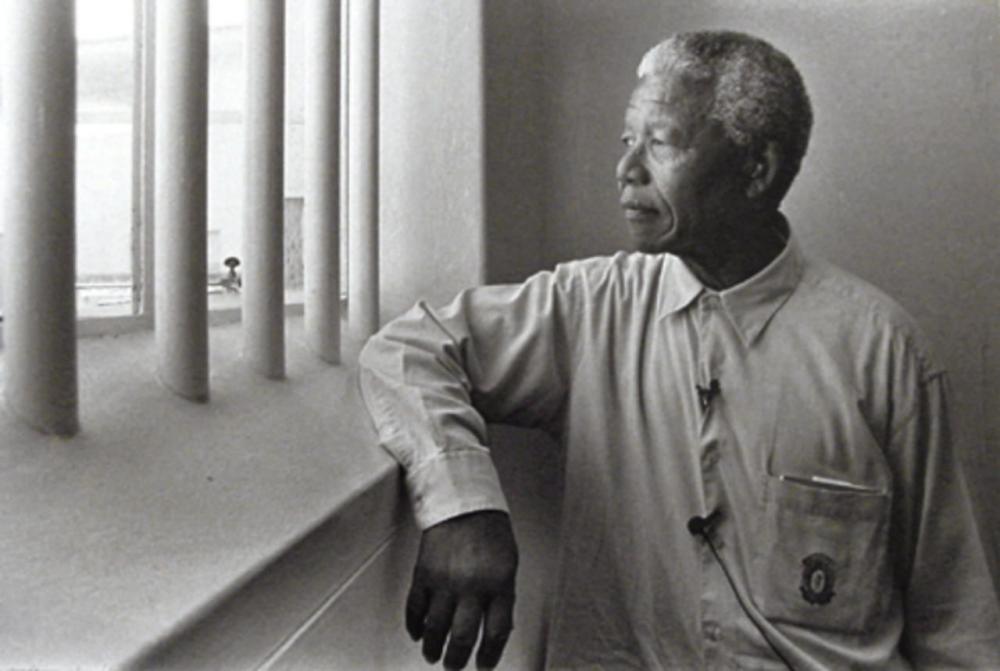I remember a friend telling me proudly how he had taught his son to hate the Turks. His family was Armenian, and though his family had lived in America for generations, he taught his son to hate the Turks for slaughtering the Armenians in the early 1900s.
In my global travels, I have seen a lot of this teaching. In the Balkans, the Croats and Serbs despise each other, even though they acknowledge that they cannot tell each other apart.
An increase in tensions in Ireland between Protestants and Catholics is feared due to Brexit.
Old hostilities and hatred must be taught.
And new hostilities are being created, for example our current President’s vendetta against undocumented workers and everyone who doesn’t love him. (I am embarrassed to admit that I was pleased when the Game 5 World Series crowd used the chant that our President coined against his opponent and turned it around against him. I know that I should be better than that.)
But it reminds me that a special leader can break the cycle.
President Nelson Mandela split with some members of his party over retribution for the horrible crimes of apartheid. When Nelson was released from the jail, he needed to be protected from proponents of apartheid and members of his own party who wanted “Africa for Africans.”
Mr. Mandela saw that revenge would bring chaos, but forgiveness would build a nation. To begin the cycle of forgiveness, he and Bishop Tutu created a “truth commission.”
The goal of the Truth and Reconciliation Commission (TRC), was to create a culture of accountability, to uncover the truth and to assist victim’s families in getting closure. Victims and their families could share their stories with the world.
Through South Africa’s publicly televised TRC proceedings, white perpetrators came face-to-face with the African families that they had victimized; they would see the impact of what they had done and by doing so, they were pardoned.
People ask me how South Africa looks only 25 years after Apartheid ended. I see integration everywhere and great respect and affection for Africans. The African people showed us only kindness and graciousness, and, like most visitors, we fell in love with the African people.
It shows what a true leader can do. Mr. Mandela is revered in Africa because he inspired a nation. He brought a peaceful transition from a horrible circumstance. He practiced forgiveness and led his people to do the same.
It is not all rainbows and unicorns, the severe unemployment has increased the crime rate, subsequent leaders have not met Mandela’s standards. The previous leader, Jacob Zuma, has been accused of corruption. South Africans are hopeful that the next leader (who had been selected by Mandela) will help a country that has desperate needs in education, housing and jobs from decades of apartheid.
Despite its troubles, South Africa serves as a beacon for acceptance and forgiveness, imagine what our world would be like if we our leaders followed his model.
Angela Rieck, a Caroline County native, received her PhD in Mathematical Psychology from the University of Maryland and worked as a scientist at Bell Labs, and other high-tech companies in New Jersey before retiring as a corporate executive. Angela and her dogs divide their time between St Michaels and Key West Florida. Her daughter lives and works in New York City.




Write a Letter to the Editor on this Article
We encourage readers to offer their point of view on this article by submitting the following form. Editing is sometimes necessary and is done at the discretion of the editorial staff.